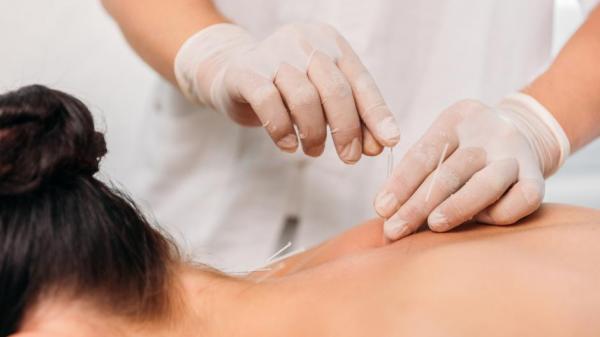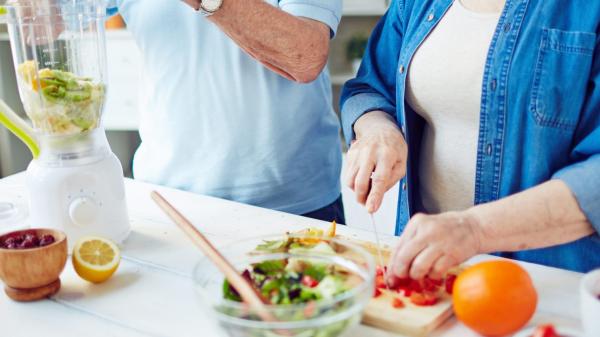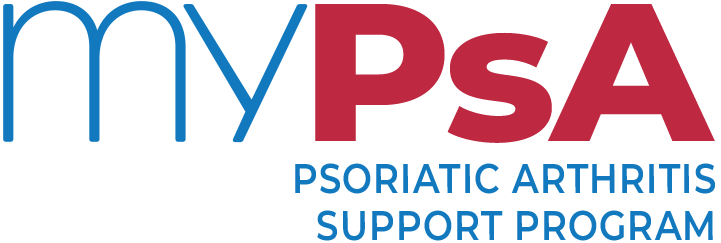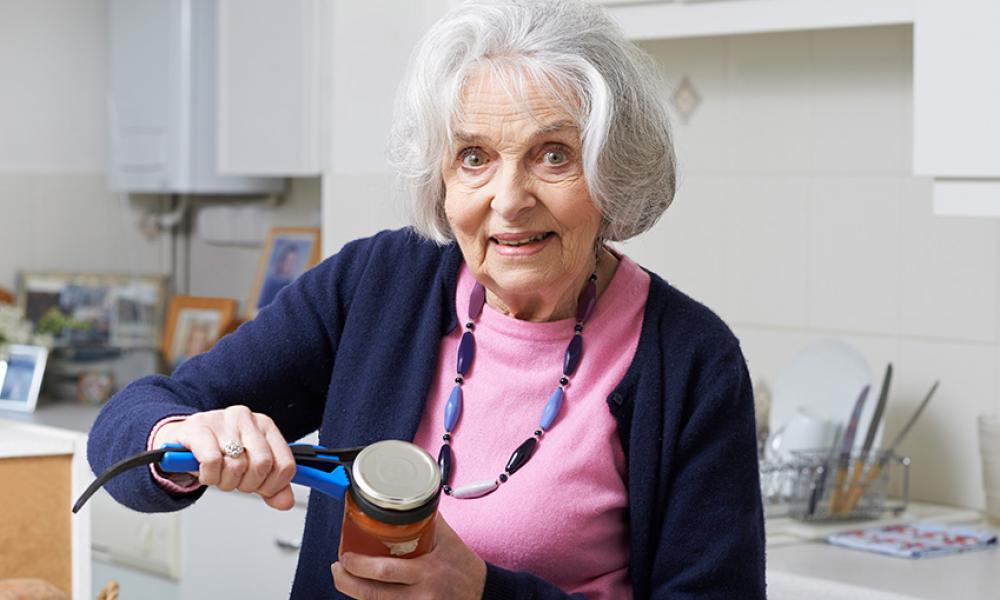
Devices that can help
There are many products with useful features that can be purchased to help you protect your joints and make daily tasks easier. Here are some ideas when doing the following activities:
Shopping
- Limit the number of items in each bag so that they are not too heavy.
- Use a trolley when shopping so you don’t have to hold and carry heavy bags.
- Use shopping bags with comfortable handles or straps.
- Consider doing your shopping online and have it delivered to your door or to a convenient parcel pick up.
Gardening
- Use long-handled tools to remove the need for bending.
- Use a pair of gloves designed to increase your grip and minimise the pressure on painful finger joints
- When watering, use smaller containers with handles to reduce the weight you have to carry.
Housekeeping
- Use a trolley, plastic bucket or basket to transport the cleaning supplies
- Ask family or friends to help, hire a cleaner or check your local council for services in your area.
- Wearing gloves can give you a better grip – particularly when scrubbing or cleaning.
- Make use of long-handled dusters and cleaners, e.g. cobweb brooms, a squeegee on shower screens.
Getting dressed
Socks and shoes
- Shoe horns (especially long handled) are very helpful for putting on shoes.
- Special aids to assist in putting on compression stockings are also available.
- Elastic shoelaces can be used instead of standard shoelaces.
- Look for shoes that can be easily adjusted at different points around your feet, eg. adjustable straps at the ankle, middle and front of the foot.
- If your feet swell during the day, you may need to wear different shoes at different times of the day.
Buttons/zips
- Button hooks can make doing up buttons easier.
- Undo only the first 2 or 3 buttons of a shirt and try putting it on and off the same way you do a t-shirt.
- Sometimes the end of a button aid has a hook for looping through zips to assist in fastening them. You could also loop a ribbon or elastic through the zip hole.
Laundry and bathroom
Ironing and washing
- Use a lightweight iron, or steam iron
- Consider whether a steam press or garment steamer would work better for you.
- Use a portable clothes airer rather than pegging clothes on the line.
- Consider using front loading appliances on pedestals rather than top loading appliances.
Showering
- A shower stool allows you to sit while showering giving you more energy for washing and drying yourself.
- A hand shower can help position the water without having to assume uncomfortable postures.
- Consider installing grab rails in your shower or beside the toilet to make it easier to get in and out.
- Use non-slip mats, tread or strips on the floor in any wet areas, particularly the shower or bath.
- Using a towelling dressing gown immediately after your shower will save a lot of effort with drying.
An occupational therapist can provide advice and recommendations for bathroom modifications.
Kitchen and cooking
Ideas for setting up your kitchen:
- Organise your storage system and keep items where they can be easily reached, preferably at waist level.
- Use drawers, slide-out shelves and ‘Lazy Susans’ to improve access to storage.
- Hang utensils for easier access.
- Use a trolley to carry several items from the refrigerator or pantry to the work area.
- Keep the rubbish bin in a handy position.
- Consider installing lever taps or quarter-turn taps.
Who else can help?
Healthcare professionals such as occupational therapists and physiotherapists, can suggest more ways you can reduce aches, pain and strain when doing daily tasks.
Independent Living Centres
Independent Living Centres (ILCs) are located in each capital city and provide information about assistive technology. See www.ilcaustralia.org.au or call the National ILC Infoline on 1300 885 886 to find your closest centre and more information. (Note, the Independent Living Centre is called LifeTec in QLD).
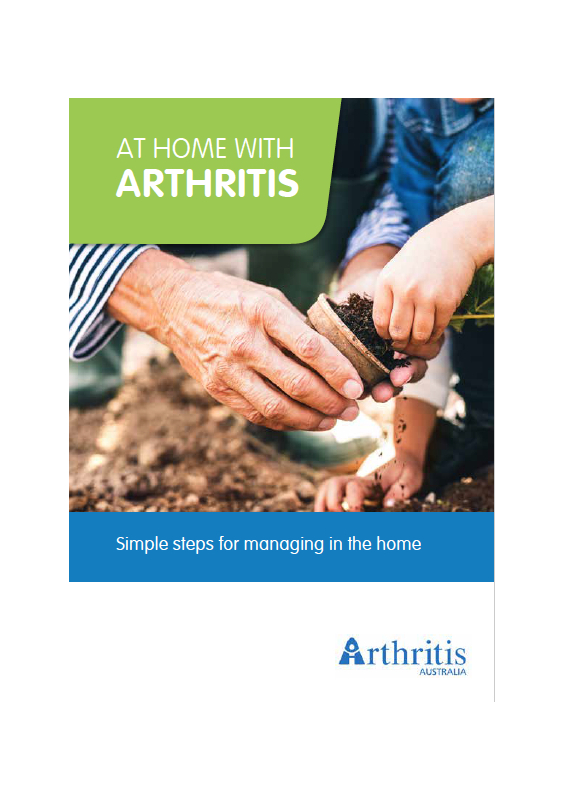
For more information and practical tips on making daily tasks easier, check out our At home with arthritis: simple steps for managing in the home booklet in additional resources.
If you would like to discuss arthritis and aids with our health educators, please call the Arthritis Infoline on 1800 011 041



